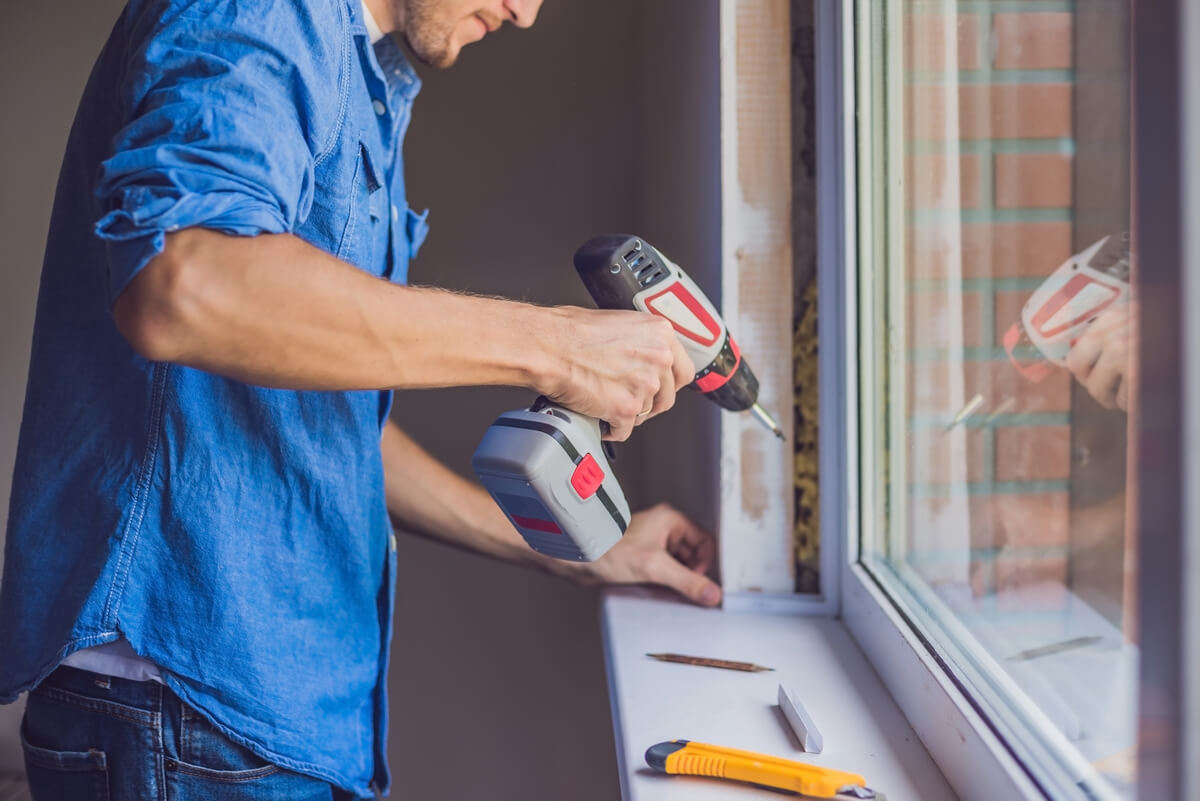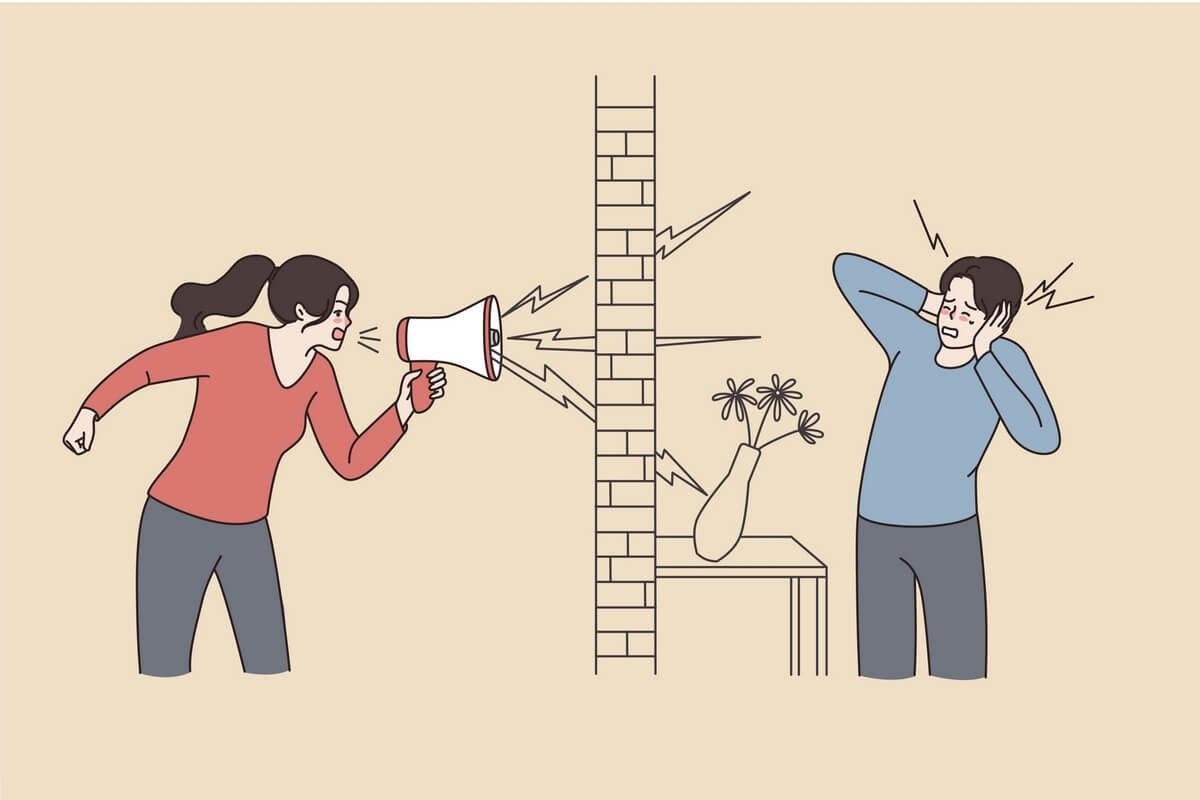Buying a home is a massive commitment and a decision you should not take lightly. However, it’s also impossible to predict the future. Even if you were completely sure of yourself when you bought the house, you could run into financial difficulties or go through an unexpected change that affects your living situation.
Buyer’s remorse can happen for a number of reasons, and it’s never an easy experience. Sometimes, homeowners choose to stay in the home and simply wait until the time is right to move. You might have some other options, though. Here are four reasons people experience buyer’s remorse and their solutions:

Cost of Living Increases
The recent rise in the cost of living has caused so many people to regret purchasing their homes. While a fixed-rate mortgage does stabilize your housing payment, other expenses have skyrocketed in the last year, including essentials like groceries, gas, and utilities. When you bought your house a few years ago, your mortgage payment may have felt perfectly manageable. Today, you might feel like you’re barely making ends meet.
Financial strain is one of the most painful causes of buyer’s remorse. You may love your home, but even your dream home can become a burden when you’re struggling to make the mortgage payments.
If you’re facing buyer’s remorse because your mortgage is becoming hard to afford, your two main options are to increase your income or to sell the home. One way to get more money in your pocket is to make sure you’re optimizing your tax return. Homeowners can sometimes take extra deductions that can increase take-home pay. You could also rent out a bedroom, or if you live in a dense city, you could rent out a parking space.
Once you get enough equity in the home, you could refinance to remove PMI from your payment. You can also wait to refinance until interest rates drop as lowering your interest rate can reduce your monthly payment significantly.
If you feel like you’ve exhausted all of your options for making extra room in your budget, it might be time to downsize. Fortunately, you might already have a good deal of equity in the property because of how much home prices have increased in recent years. In this case, you could make a sizable down payment on a smaller home, which can dramatically reduce your monthly payment. Although it’s heartbreaking to give up a home you love, it’s better to choose to sell it than to foreclose.

Expensive Maintenance and Repairs
Issues with home repairs are another major reason for buyer’s remorse. These problems sometimes arise unexpectedly and can consume a lot of your money and time. In other cases, nothing is wrong with the home, but routine maintenance becomes a burden. This is especially common for first-time homeowners who are still learning about the time and care that goes into owning property.
The best time to deal with damage is before you purchase the home. An inspection is a critical step in the home buying process as not all maintenance issues are obvious. However, if you think you were wronged or misled about the state of the house when you bought it, you might be able to pursue legal action. This route can be time-consuming and stressful, but it may be worthwhile if your home has severe damage.
If routine maintenance is affecting your opinion of your home, consider outsourcing some maintenance tasks. This can be costly, but it can make your home feel more livable and less stressful.

Problems With Neighbors
Neighbors can make or break your experience as a homeowner, and you probably didn’t have many chances to meet your neighbors before you bought the house. Conflicts within the neighborhood can lead to daily stress and severe buyer’s remorse.
You may not be able to control your neighbors’ behavior, but you do have power over your own property. For example, installing fences may give you a better sense of privacy and separation from a bad next-door neighbor. If your neighborhood has an HOA, they might help you find a resolution to the conflict. Many HOAs have rules about noise, trash, animals, and other common neighborhood complaints.

Bad Investment
Homes typically rise in value, but this isn’t always the case. You might regret purchasing your home if you bought in an area that’s experiencing depreciating property values or if the overall housing market is about to take a downward turn.
If you love your home and location and want to stay there long-term, you shouldn’t worry much about normal fluctuations in the real estate market. As long as you don’t plan to sell the house, it doesn’t matter if it declines somewhat in value after you buy it. Although you always want your home to be a good investment, what’s most important is that you have a home that suits your needs and that you can imagine staying in for years.
However, you might have more cause for concern if property values in your neighborhood are steadily and continuously declining. Going underwater on your mortgage can be incredibly stressful, and you don’t want to lose money on your home. In this situation, you should consult with a real estate agent or a financial advisor to decide whether or not you should sell the home before the value further declines.
Buyer’s remorse can result from financial problems, maintenance issues, community disputes, and so many other challenges. Sometimes, you can minimize the problems and stay fairly happy in your new home. In other situations, selling the home may ultimately be the best choice. Most importantly, never rush into a decision regarding your home. Evaluate all of your options and consult with trusted experts to make sure you don’t experience any additional regret.
